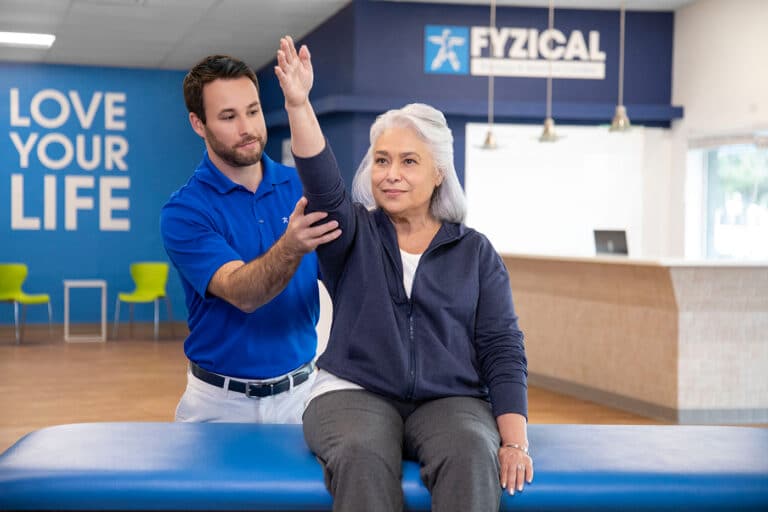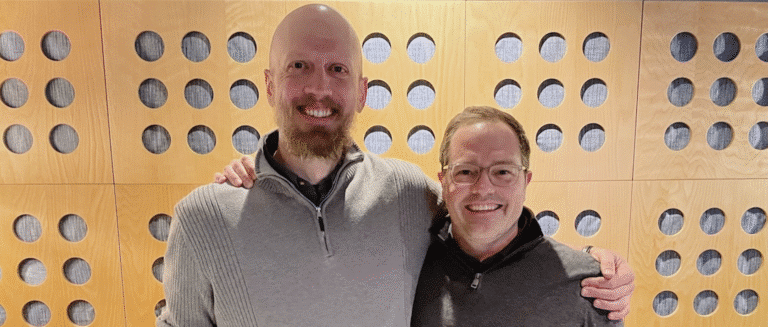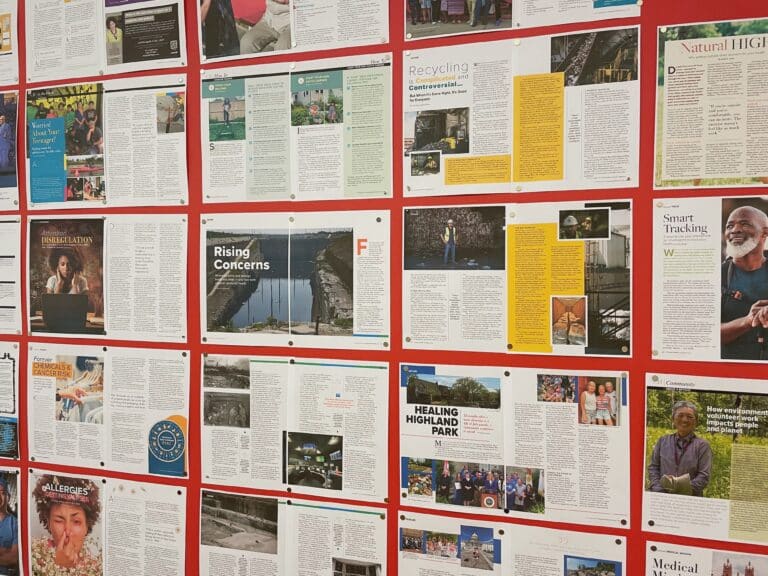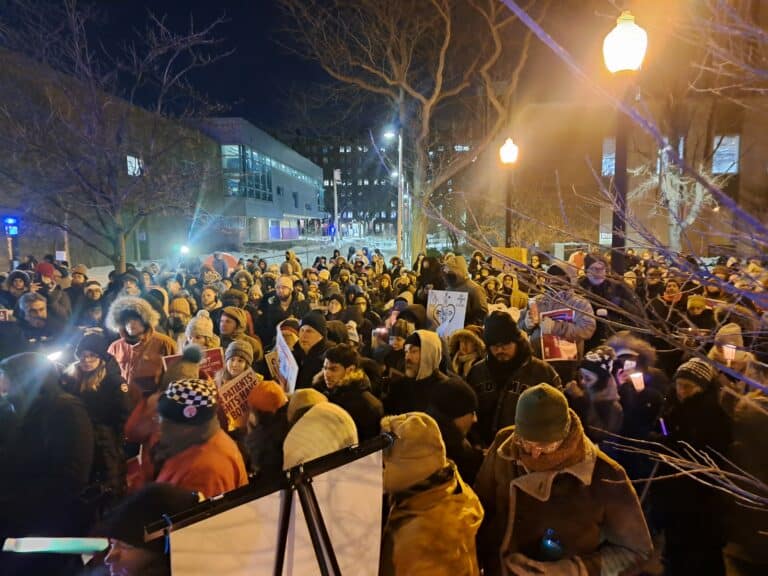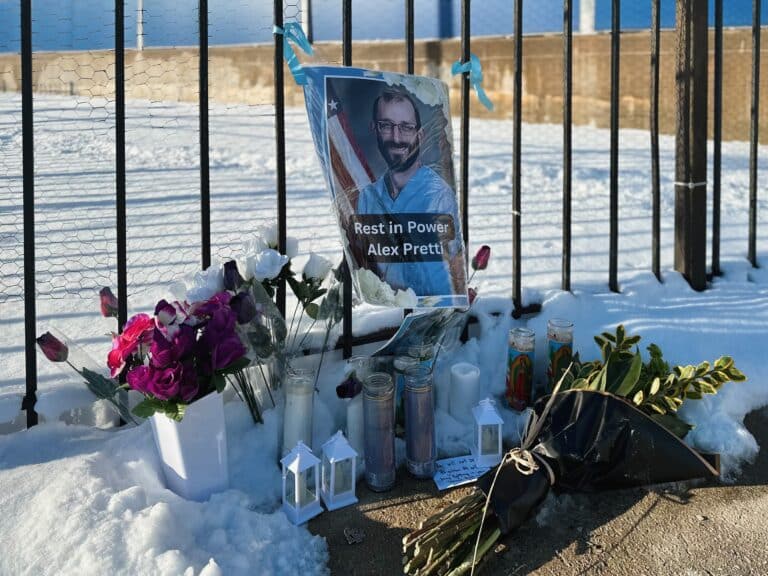As the once-eliminated respiratory virus spreads across the U.S., health experts encourage vaccination in Chicago
Fact checked by Ros Lederman
The United States is grappling with a significant measles outbreak, with 607 confirmed cases across 21 states as of April 3, 2025. The surge has resulted in three known deaths as of April 6. At the outbreak’s epicenter in northwest Texas, cases have been rising since late January. Health officials warn the outbreak could persist for up to a year, with most infections occurring among unvaccinated children.
According to the Centers for Disease Control and Prevention (CDC), measles cases in the first three months of 2025 more than doubled the total recorded in 2024 — 285. Public health officials emphasize that the measles, mumps, and rubella (MMR) vaccine remains the most effective tool for preventing the disease. Yet declining vaccination rates, fueled by misinformation, continue to leave communities vulnerable.
“Across the United States, there has been a decrease in overall vaccine rates since around 2020,” says Brian Borah, MD, medical director of vaccine preventable disease surveillance for the Chicago Department of Public Health. He attributes this to public fatigue surrounding the Covid-19 pandemic and the spread of misinformation and disinformation, which have become more mainstream.
Robert Murphy, MD, an infectious disease specialist and professor of medicine at Northwestern University, stressed how easily measles spreads and why even vaccinated individuals remain at some risk when herd immunity breaks down. “The vaccine works 97% if you take the two doses. So 3% are at risk who had the vaccine, and 100% of the people are at risk who didn’t take the vaccine,” Murphy says. “It’s so highly contagious. It’s even more contagious than Covid and avian flu.”
Texas has seen the highest number of cases, with one of the largest clusters occurring among Mennonite communities in Gaines County.
Chicago health officials remain on high alert, though as of early April, no cases have been reported in the city. Local health departments are urging residents to ensure their vaccinations are up to date, and are expanding efforts to reach communities with lower immunization rates.
“Chicago being a big hub of travel, with our airports, we are always at risk for pathogens coming into our community,” says Taylor Heald-Sargent, MD, PhD, infectious disease physician at Ann & Robert H. Lurie Children’s Hospital of Chicago.
The consequences of measles can be severe, particularly for children. “One in 20 children can develop pneumonia, and 1 out of 1,000 can experience brain infection” she says.
Murphy echoes these concerns, emphasizing that despite claims from vaccine skeptics, good nutrition alone cannot prevent the disease. “Healthy people get measles encephalitis and die,” he says.

“At best, you know, vitamin A can help in the treatment, particularly if you’re vitamin deficient. But we’re talking about preventing a disease, and [Kennedy] is blaming nutrition and stuff that absolutely has nothing to do with it,” Murphy says.
In the year 2000, when almost everybody was vaccinated, there were no measles cases. “We didn’t have any cases of measles in the year 2000,” Murphy adds. The CDC also cites vaccination for keeping the virus at bay: “This was thanks to a highly effective vaccination program in the United States, as well as better measles control in the Americas region.” The return of the disease, Murphy adds, is a direct result of vaccine hesitancy and misinformation.
Health officials remain committed to increasing vaccine uptake, regardless of outbreaks. “We try to engage directly with the public — work through institutions and seeking out trusted community leaders” to share accurate information about vaccine safety, Borah says. “We know that the best and most effective way to prevent measles [is through vaccines], which are extremely safe.”
As the outbreak continues to spread, health officials are urging parents and caregivers to act now. “The best thing you can do is make sure you and your family are protected,” Heald-Sargent says. “Measles is preventable — if people get vaccinated.”
In Texas this past weekend, where the measles outbreak continues to rage, HHS Secretary Kennedy attended the funeral of 8-year-old Daisy Hildebrand, who died of the virus. On social media he then wrote, “The most effective way to prevent the spread of measles in the MMR vaccine. I have spoken to Governor Abbott, and I’ve offered HHS’ continued support. At his request, we have redeployed CDC teams to Texas.”
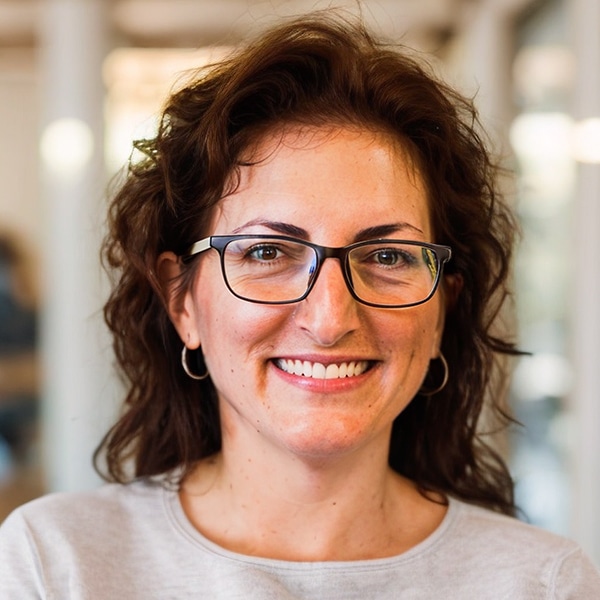
Catherine Gianaro, a freelance writer and editor based in Chicago, has written about healthcare and higher education for more than three decades. With 90-plus awards in communications, she is well-versed in storytelling.


